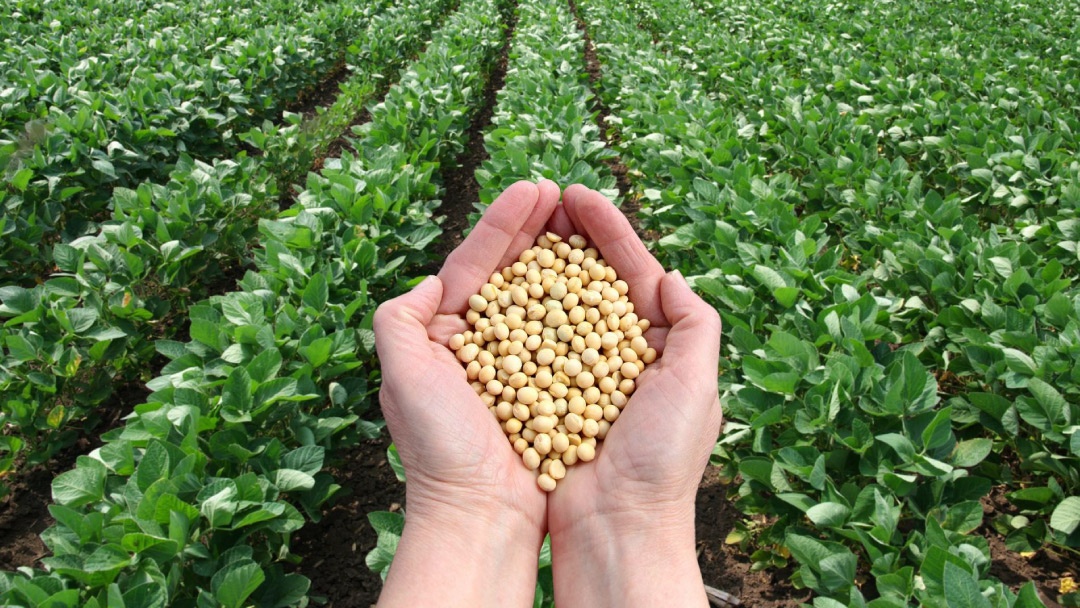
The aquaculture sector is undergoing a necessary transition, progressively shifting towards plant-based protein sources (such as soybean meal, corn gluten, and canola) to bolster profitability and reduce its reliance on volatile fishmeal and fish oil markets. This strategic pivot, however, carries a significant environmental trade-off: the introduction of higher levels of phytate into the feed, leading to increased phosphorus excretion into aquatic environments and posing a genuine threat of nutrient pollution and eutrophication. Maximising the utilisation of these sustainable ingredients is paramount to the future health of the industry.
This is where phytase, an essential exogenous enzyme, emerges as a cornerstone of modern aquafeed formulation. Phytase is far more than just a growth promoter; its strategic inclusion ensures greater nutrient digestibility and retention by unlocking bound minerals and phosphorus. By effectively resolving the phytate challenge, phytase allows the industry to champion true environmental stewardship while simultaneously achieving optimal production performance, making it a critical component for a sustainable aquaculture supply chain.
The fundamental issue lies in the fact that phytate typically constitutes between 60% and 80% of the total phosphorus (P) found in plant ingredients. This phytate-bound phosphorus is biologically inaccessible to the majority of farmed aquatic species—specifically monogastric and agastric fish—as they lack the necessary endogenous phytase enzymes in their digestive systems.
Exogenous phytase catalyses the step-by-step hydrolysis of phytate, yielding two critical nutritional benefits. Firstly, this process releases inorganic phosphorus in a highly usable form, thereby significantly reducing or even eliminating the need for expensive supplementary inorganic phosphorus, a finite resource whose global reserves are facing increasing scrutiny. Secondly, phytate is a potent chelating agent that locks up vital divalent minerals such as calcium, iron, zinc, and magnesium. By breaking down the phytate structure, phytase effectively enhances the absorption of these key minerals, which is crucial for processes like improved bone mineralisation in commercially relevant species.
By significantly improving nutrient digestibility and countering the negative, anti-nutritional effects of phytate throughout the digestive tract, phytase supplementation translates directly into superior zootechnical indices. Research has consistently demonstrated that phytase can enhance growth performance and overall nutrient utilisation across a wide spectrum of aquatic organisms. Positive, measurable effects have been reported in key production species, including Nile tilapia (Oreochromis niloticus), Pacific white shrimp (Litopenaeus vannamei), European seabass (Dicentrarchus labrax), and rainbow trout (Oncorhynchus mykiss). Crucially, the use of phytase leads to a more efficient uptake of the expensive feed, thereby optimising the Feed Conversion Ratio (FCR); for example, numerous studies have repeatedly shown an improved FCR in Nile tilapia following effective enzyme supplementation.
The reduction of the environmental footprint is arguably the most strategic benefit that phytase offers to modern aquaculture operations, perfectly aligning with industry-wide sustainability targets. Undigested phosphorus that is excreted in faeces contributes heavily to eutrophication—the nutrient overload that can trigger destructive algal blooms and lead to hypoxic, low-oxygen conditions in the surrounding aquatic ecosystems. Phytase minimises phosphorus excretion in aquaculture effluents, substantially lowering the overall P and N pollution load. Moreover, by enabling the industry to use phytate as an inherent and bioavailable phosphorus source within plant-based diets, phytase provides a highly sustainable and cost-effective alternative to relying on finite reserves of non-renewable rock phosphate.


